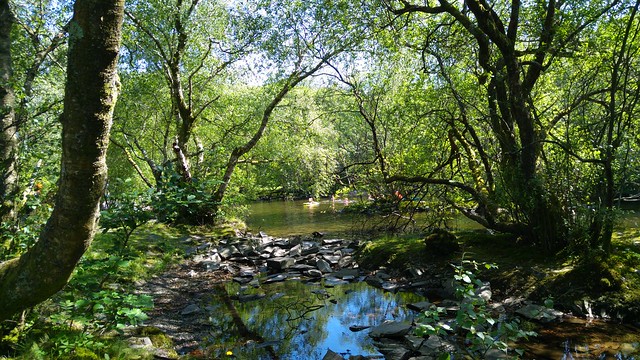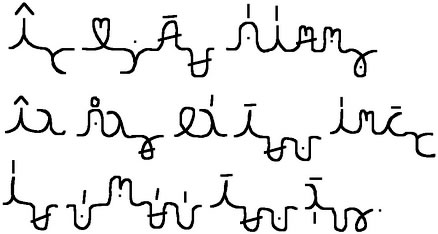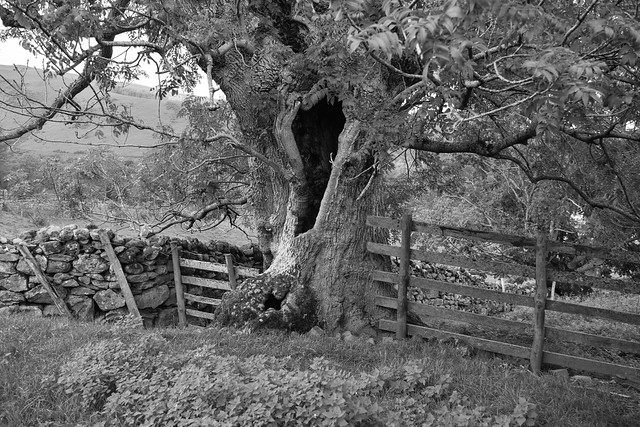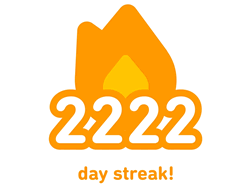Podcast: Play in new window | Download
Here’s the latest news from the world of Omniglot.
There are new language pages about:
- Igala (Ígáláà), a Northern Vanuatu language spoken in Gaua, one of the Banks Islands in Torba Province in the north of Vanuatu.
- Daasanach (Af Daasanach), a Lowland East Cushitic language spoken in the Meka area in the southeast of Cameroon.
- Waata (Waatah), an East Cushitic language spoken in Ethiopia, Kenya and South Sudan.
- Hadiyya (Hadiyyisa) – a Highland East Cushitic language spoken in southwestern Ethiopia.
New numbers pages:
- Igala (Ígáláà), a Northern Vanuatu language spoken in Gaua, one of the Banks Islands in Torba Province in the north of Vanuatu.
- Iraqw (Kángw Iraqw), a Cushitic language spoken in northern Tanzania
- Hän (Häł gołan), a Northern Athabaskan language spoken in Alaska in the USA, and the Yukon Territory in Canada.
There’s a new Omniglot blog post called Gaga, about the dialect of Saint-Étienne in the southeast of France, and there’s the usual Language Quiz. See if you can guess what language this is:
Here’s a clue: this is a Micronesian language.
The mystery language in last week’s language quiz was Katcha, a variety of Kadugli (a Central Kadu language) spoken in southern Sudan.
There’s a new Celtiadur post entitled Rewarding Gifts and I improved the posts about words for Speckled and Spotted and Heavy.
In this week’s Adventure in Etymology podcast, we’re wondering about the wandering origins of the word Extravagant.
For more Omniglot News see:
https://www.omniglot.com/news/
https://twitter.com/Omniglossia
https://www.facebook.com/groups/omniglot/
https://www.facebook.com/Omniglot-100430558332117
You can also listen to this podcast on: Apple Podcasts, Amazon Music, Stitcher, TuneIn, Podchaser, PlayerFM or podtail.
If you would like to support this podcast, you can make a donation via PayPal or Patreon, or contribute to Omniglot in other ways.
Radio Omniglot podcasts are brought to you in association with Blubrry Podcast Hosting, a great place to host your podcasts. Get your first month free with the promo code omniglot.









